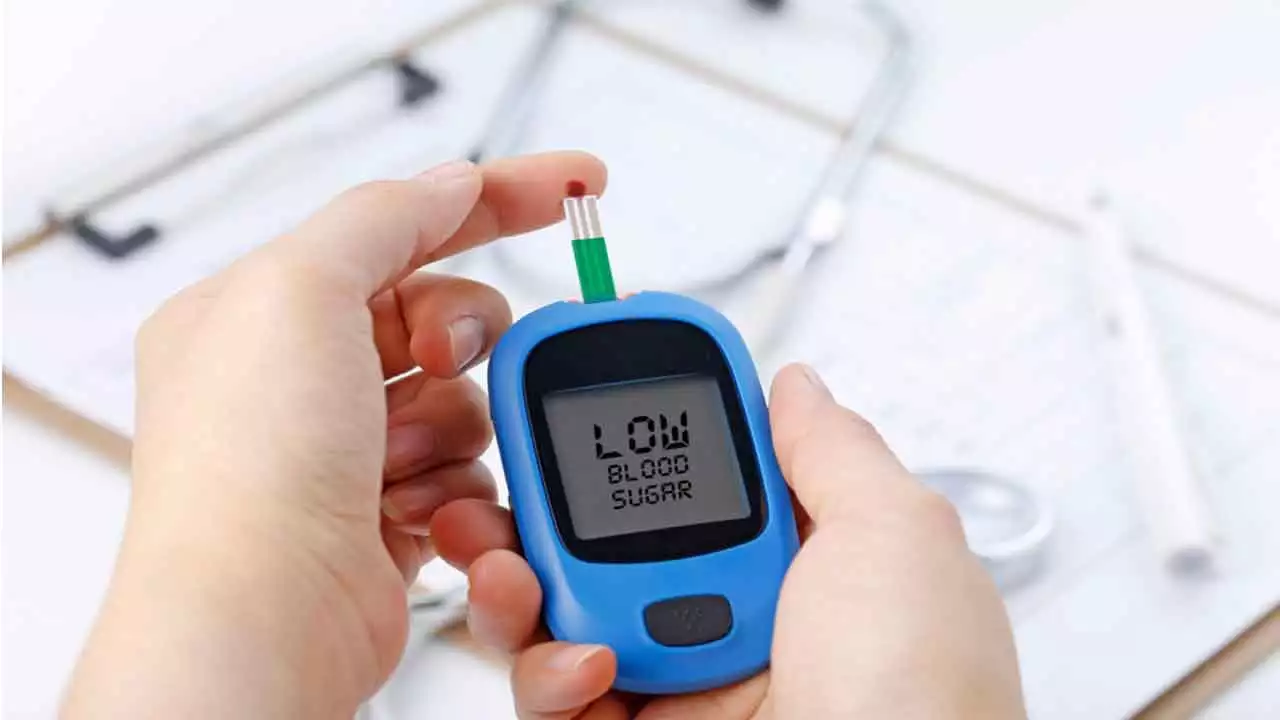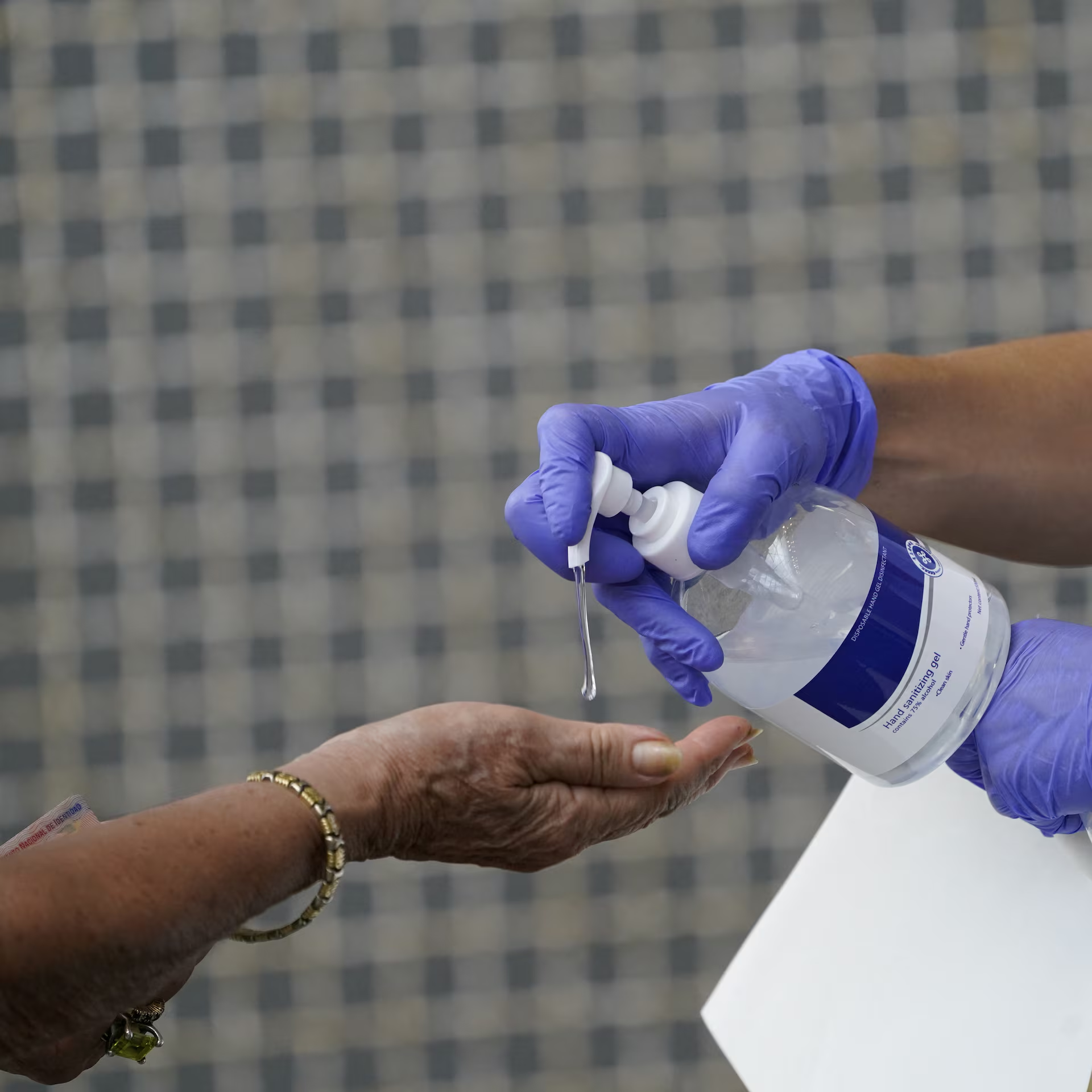Diabetes is a chronic disease that affects millions of people worldwide. According to the World Health Organization (WHO), approximately 422 million people are currently living with diabetes, and this number is increasing at an alarming rate. Diabetes is one of the leading causes of death globally, with a significant proportion of these deaths occurring in low- and middle-income countries.
Historical Context and Diagnosis
The term ‘diabetes’ was coined by the Greek physician Aretius (81-133 AD). The word ‘diabetes’ literally means ‘to flow,’ reflecting the frequent urination characteristic of the disease. In ancient times, doctors would test for diabetes by tasting the patient’s urine. The presence of sweetness indicated diabetes, as the excess glucose in the blood would be excreted in the urine. Today, advancements in medical science have provided more sophisticated methods for diagnosing and managing diabetes.
Types of Diabetes
There are two main types of diabetes: Type 1 and Type 2.
Type 1 Diabetes: This form of diabetes is often diagnosed in children and young adults. It is an autoimmune condition where the body’s immune system attacks and destroys the insulin-producing beta cells in the pancreas. People with Type 1 diabetes need to take insulin injections for life.
Type 2 Diabetes: This is the most common form of diabetes and is typically diagnosed in adults, although it is increasingly seen in younger populations due to rising obesity rates. Type 2 diabetes occurs when the body becomes resistant to insulin or when the pancreas does not produce enough insulin. Lifestyle changes and medications are often used to manage Type 2 diabetes.
Symptoms of Diabetes
Recognizing the symptoms of diabetes is crucial for early detection and management. The symptoms include:
- Increased Urination: Frequent urination, particularly at night, is a common symptom of diabetes. The kidneys try to remove the excess glucose from the blood, resulting in more urine production.
- Increased Thirst: Excessive urination leads to dehydration, causing increased thirst.
- Nausea: High blood sugar levels can cause nausea and, in some cases, vomiting.
- Increased Appetite: Despite eating more, people with diabetes may feel constantly hungry as their bodies cannot use the glucose properly.
- Dry Skin: Dehydration can lead to dry, itchy skin.
- Confusion or Irritability: Fluctuating blood sugar levels can affect cognitive function and mood.
- Fatigue: Lack of energy due to the body’s inability to use glucose effectively can result in persistent tiredness.
- Weight Loss: Unintended weight loss is a significant symptom, especially in Type 1 diabetes.
- Slow-Healing Wounds: High blood sugar levels can impair blood flow and the immune response, causing wounds to heal slowly.
Complications of Diabetes
If left unmanaged, diabetes can lead to severe complications, including:
- Cardiovascular Disease: Diabetes significantly increases the risk of heart disease and stroke.
- Nerve Damage: Excess sugar can injure the walls of the tiny blood vessels that nourish nerves, especially in the legs, leading to neuropathy.
- Kidney Damage: Diabetes can cause diabetic nephropathy, which can lead to kidney failure.
- Eye Damage: Diabetic retinopathy can cause blindness if not treated.
- Foot Damage: Nerve damage in the feet or poor blood flow can increase the risk of various foot complications.
Prevention and Management
Preventing diabetes, especially Type 2, involves maintaining a healthy lifestyle. This includes a balanced diet, regular physical activity, maintaining a healthy weight, and avoiding smoking and excessive alcohol consumption. Regular screening and monitoring of blood sugar levels are also essential, particularly for those with a family history of diabetes or other risk factors.
For those already diagnosed with diabetes, managing the condition involves a combination of lifestyle changes, medication, and regular monitoring of blood glucose levels. Insulin therapy is crucial for Type 1 diabetes, while Type 2 diabetes may be managed with oral medications, insulin, or other injectables.
Diabetes is a major global health issue that requires urgent attention. By recognizing the symptoms early and making necessary lifestyle changes, the impact of diabetes can be mitigated. Continued research, education, and awareness are essential in the fight against this pervasive disease. Through collective efforts, we can hope to reduce the incidence of diabetes and improve the quality of life for those affected.



